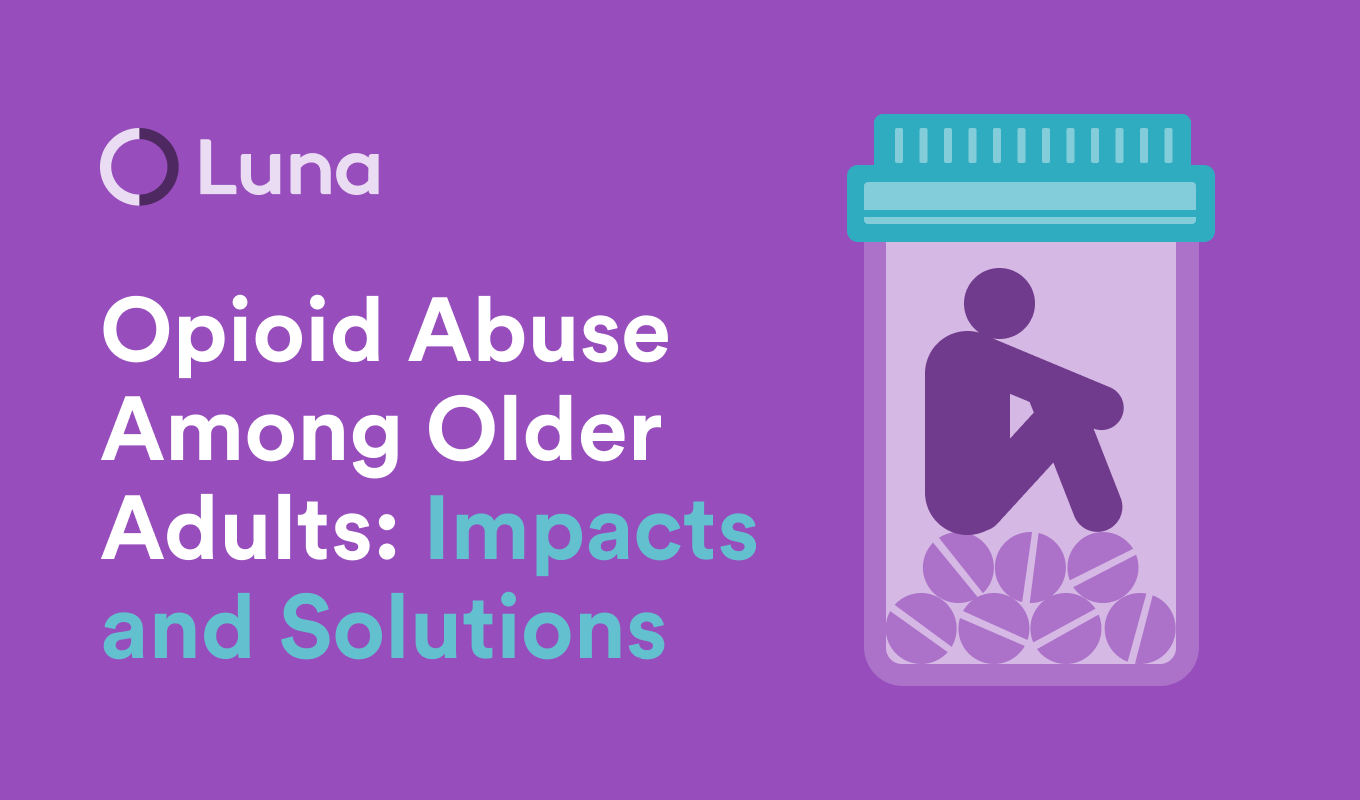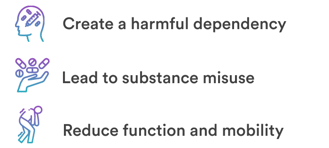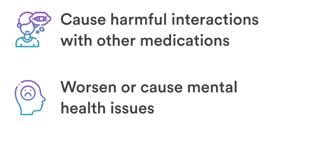Physical Therapy: An Effective Solution to the Opioid Crisis in Elderly Patients

According to the Substance Abuse and Mental Health Services Administration, opioid abuse has steadily increased (by nearly double) among adults over the age of 50 between 2002 and 2014. This rising trend of opioid abuse indicates a critical need for targeted prevention and treatment strategies in this demographic.
Older adults, often grappling with chronic pain symptoms, may fall into the spiral of opioid dependency and misuse because of its prevalence in treating pain symptoms. While these medications can provide significant relief, they also carry heavy risks and side effects, particularly in the senior population.
Let’s take a look at the impacts of this issue, and how physical therapy is playing a role in preventing further abuse.
The Opioid Crisis and Its Impacts on Seniors
Generally speaking, opioids are safe for acute pain management over a short time frame. However, the misuse of opioids is particularly concerning for the older population, who may already be vulnerable due to pre-existing health conditions and an inability to metabolize the prescribed medication as well as younger patients can.
Because pain in this age group is primarily chronic, these patients are often on pain-relieving medication for longer periods — a serious risk for developing an addiction to opioids!
Risks of Opioid Misuse
Opioids might seem like a quick fix meant to relieve pain, but here’s the reality: opioids, when used long-term, could end up causing more problems than they solve. They have the potential to:


Given the risks, we must emphasize the need for alternative strategies in older adults, so we can champion pain management during the golden years of life. That’s where physical therapy steps in.
5 Ways Physical Therapists Prevent Opioid Misuse
Physical therapy is especially beneficial for elderly patients, improving their mobility, strength, and balance, all of which are needed for maintaining independence later in life. But more importantly, it serves as an effective alternative for these patients to manage their pain and can help curtail reliance on opioids.
To combat the opioid crisis in order adults, physical therapists:
- Develop personalized pain management plans that significantly reduce the need for opioids and prescription pain medication.

- Improve physical function through light exercises or targeted manual therapies, reducing pain and helping elderly patients regain their freedom.

- Educate patients on pain management techniques to address mild and chronic discomfort without medication.

- Prevent the transition from acute to chronic pain by targeting the underlying cause of the pain and initiating physical therapy treatments early — at the onset of pain — which minimizes long-term opioid use.

- Support mental and emotional health, acknowledging the holistic nature of pain and addressing feelings of frustration, depression, and anxiety.

While the advancing of years does mean our bodies can’t quite keep up as they used to, that doesn’t mean we should avoid exercise completely. Rather than giving up movement due to age and relying on opioids for pain management, the trick lies in finding the right exercises to keep our bodies healthy and keep doing the things we love.
How is Luna helping to combat the opioid crisis?
Our unique delivery model ensures better accessibility, greater consistency in care, and personalized treatments, which all serve to reduce opioid dependency.
No one enjoys the hassle of traveling to and from the clinic or sitting in a stuffy waiting room. That’s why we have built a modern approach to treatment, making physical therapy more accessible. Luna transforms the way patients receive medical care: simply and efficiently in the comfort of their own homes.
Your Luna PT will build you a unique treatment plan, including non-pharmacological interventions such as strengthening exercises, soft tissue manipulation, joint mobilizations, and patient education. Contact us today to get matched with a physical therapist in your area.
This entry was posted in Luna Blog and tagged Tips, Therapists, Patients.




